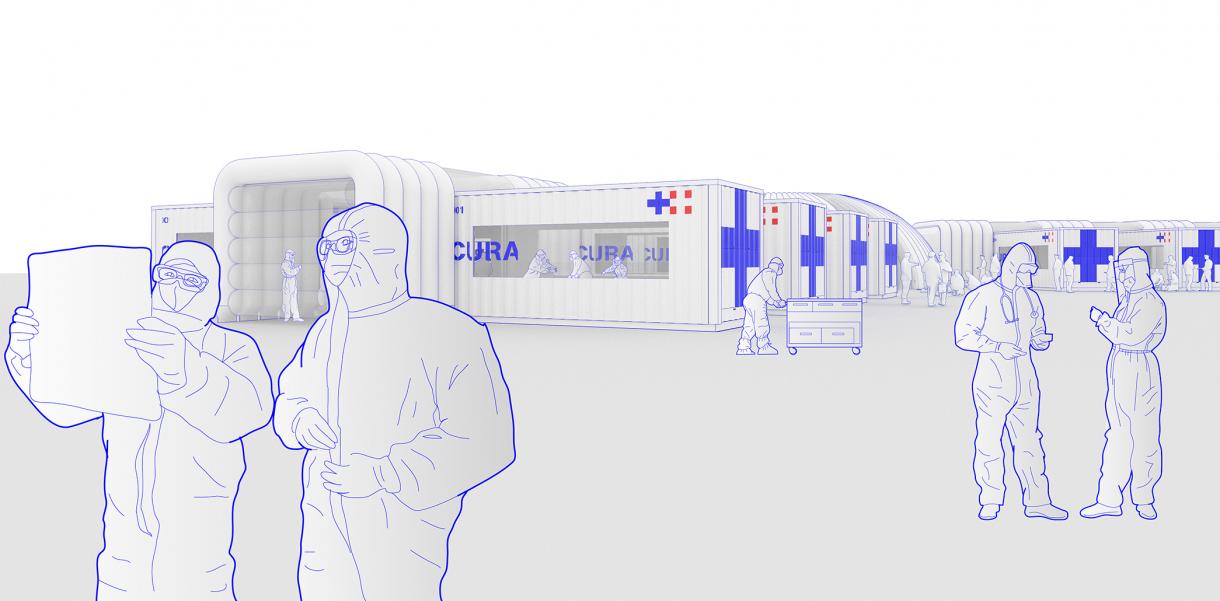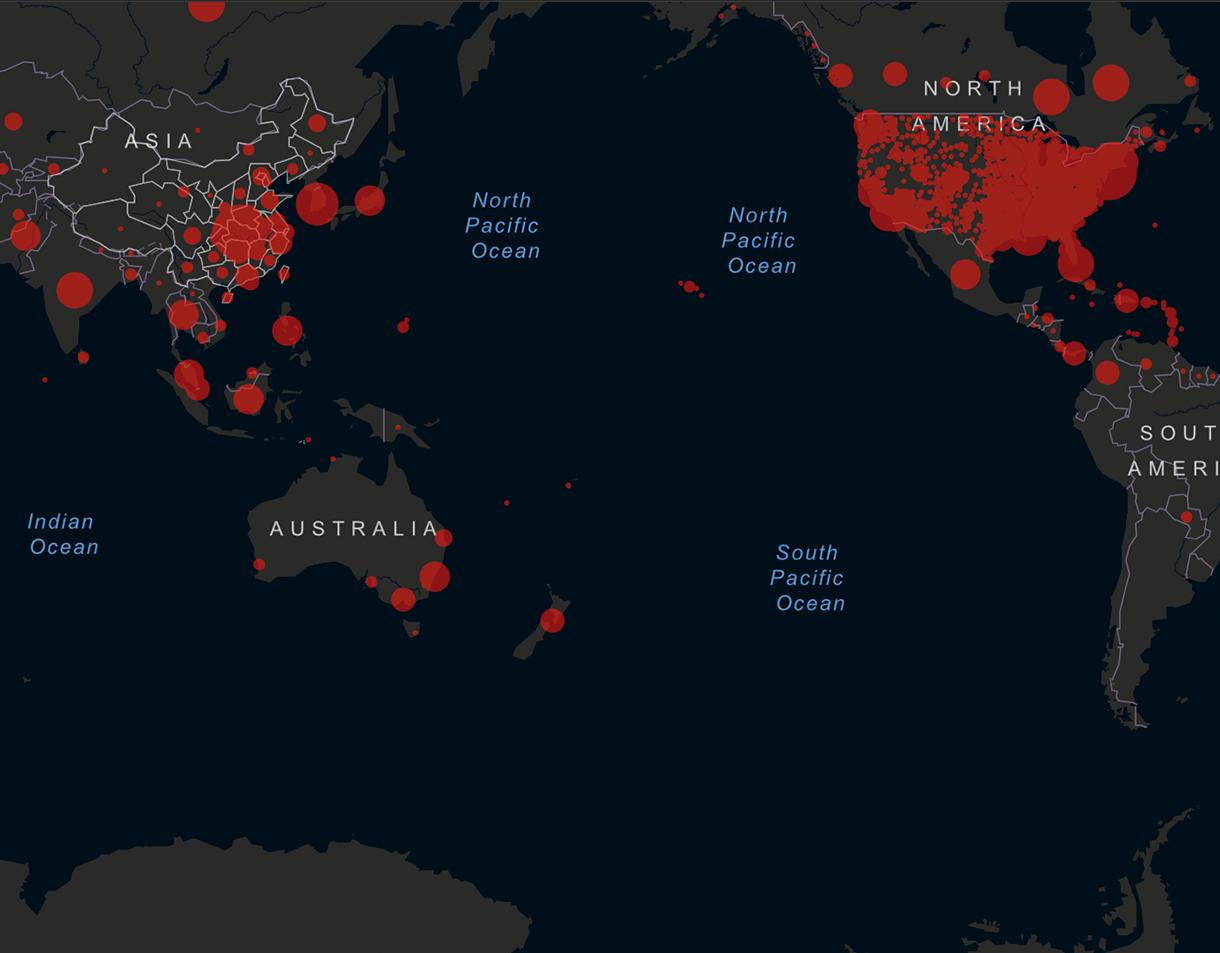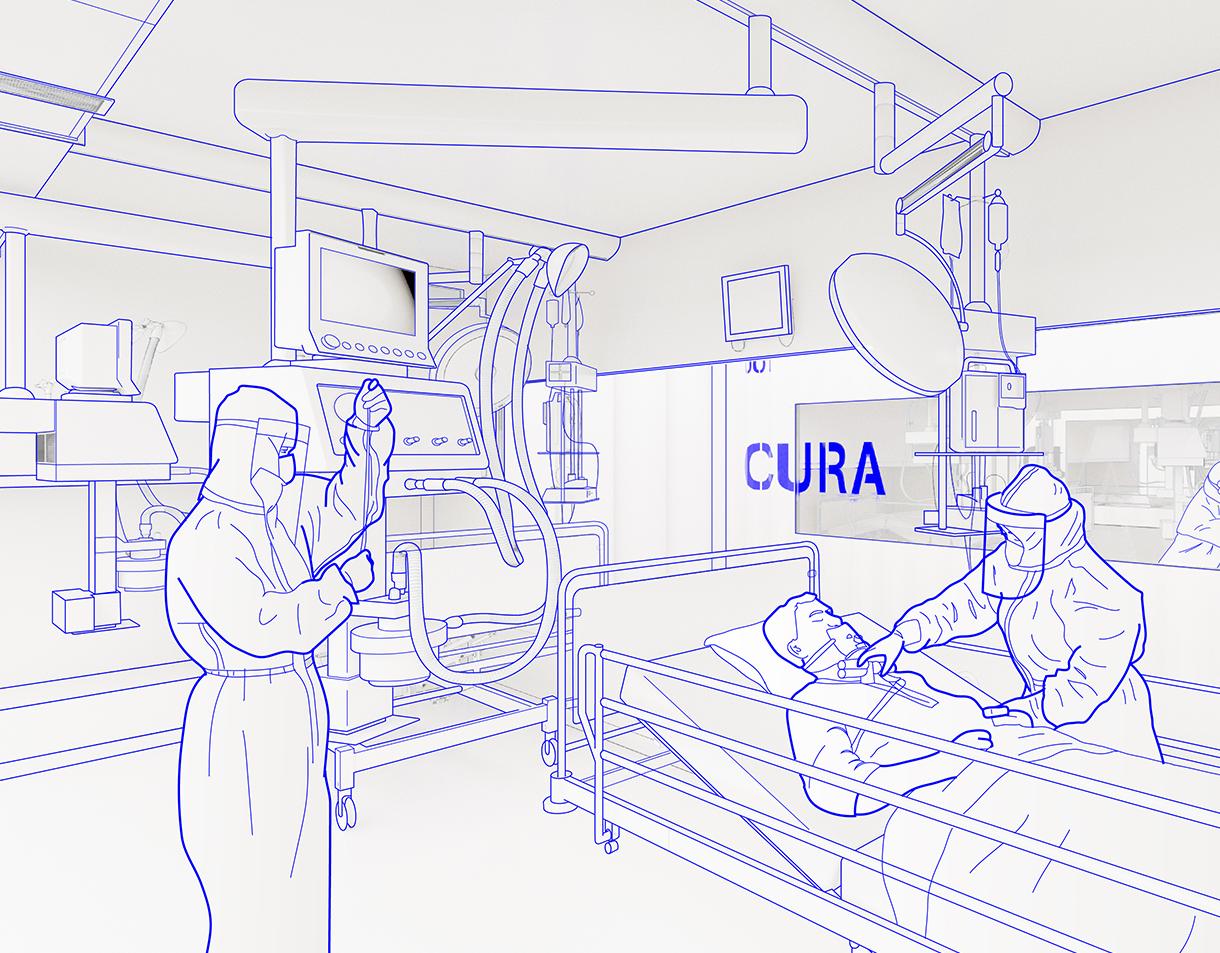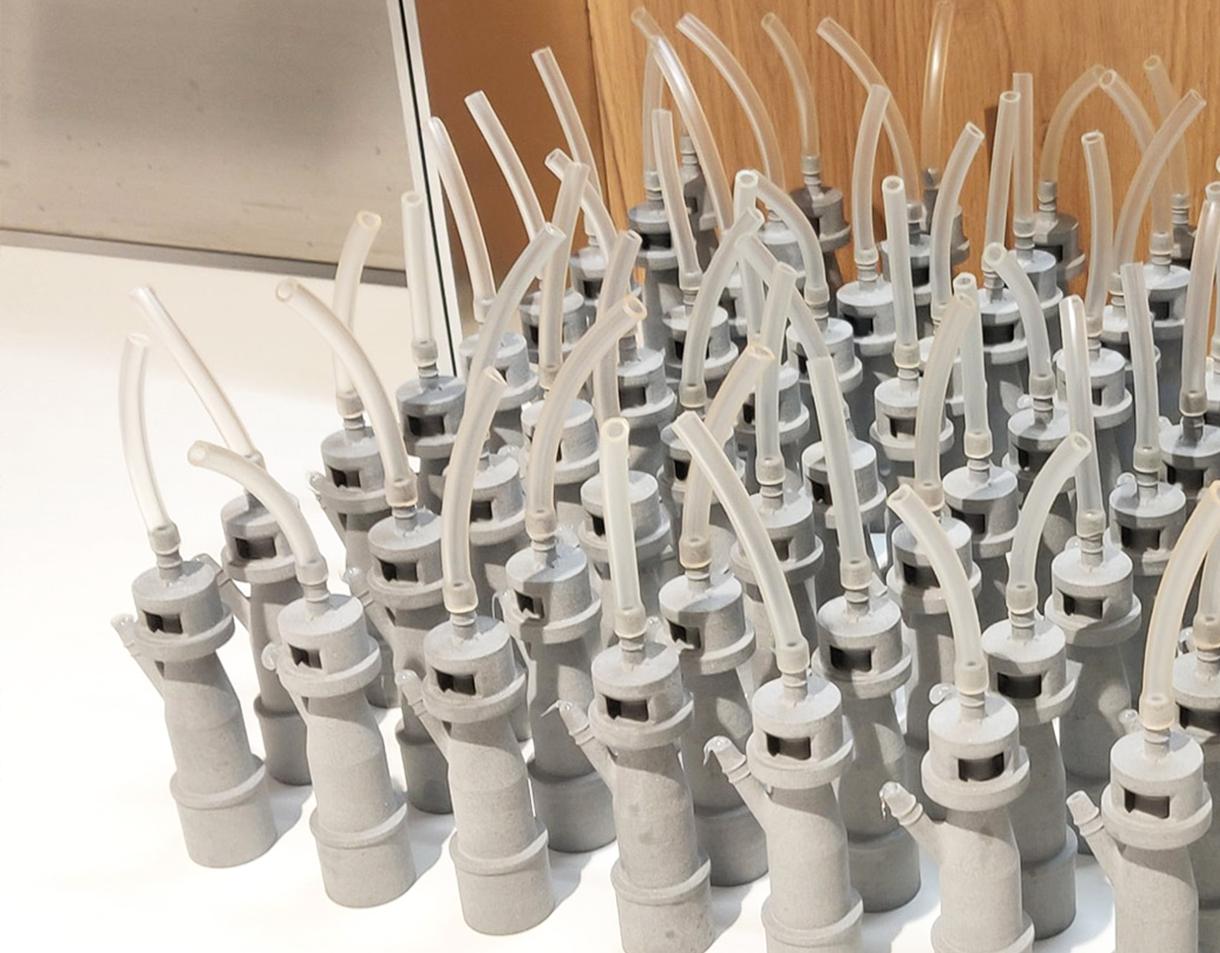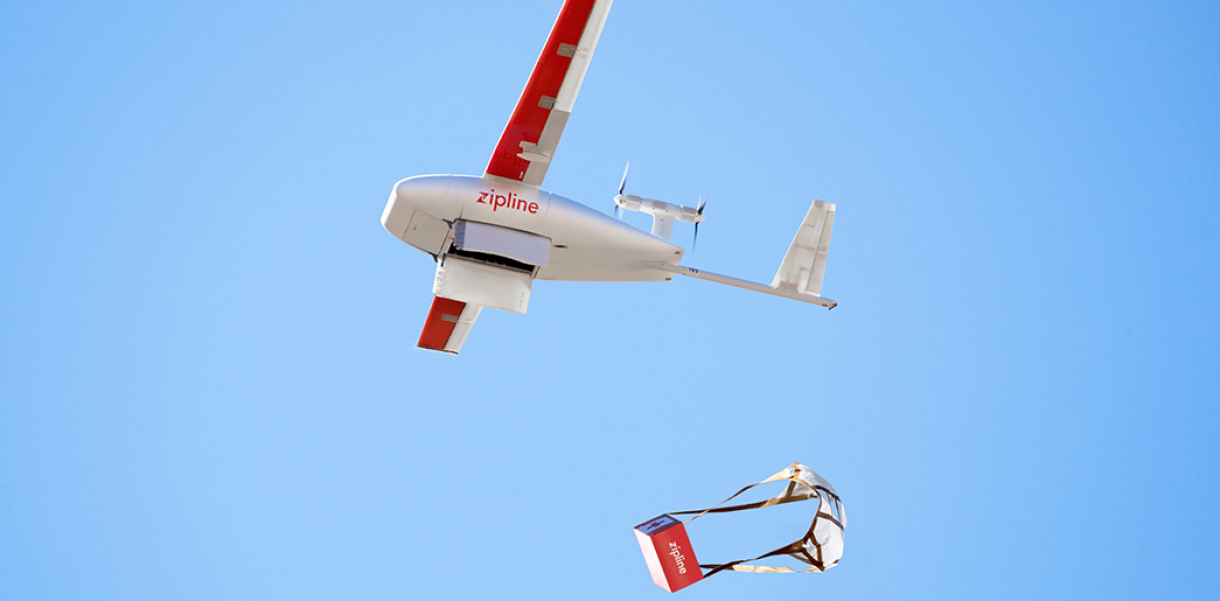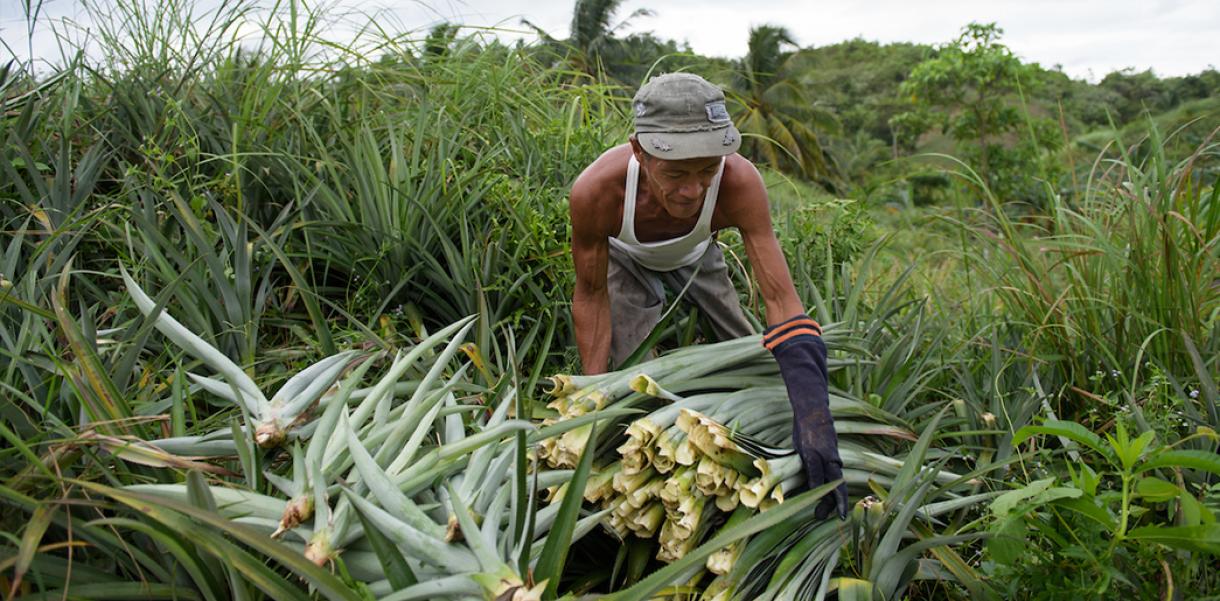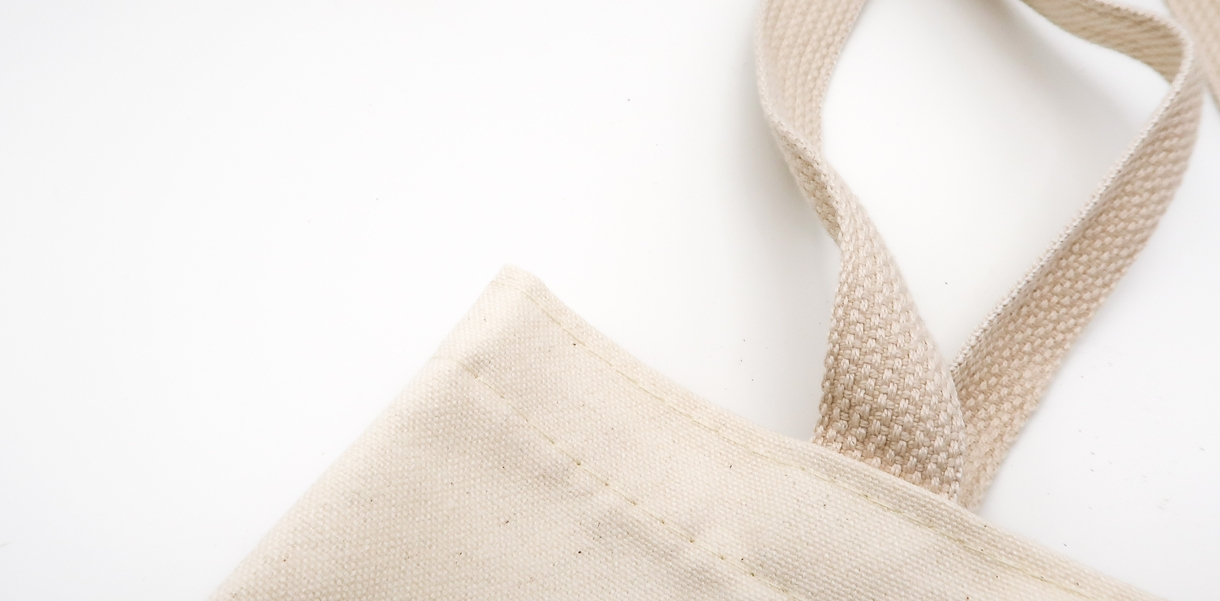The world faces this pandemic collectively, but our progression differs. Some nations are close to flattening the curve, while others are only just beginning their steep climb. While the road ahead is unpredictable, one thing is certain; we all need positivity and, more importantly, action.
Not long ago, we looked at designs from our pipeline to protect people on the frontlines of the COVID-19 fight. Since then, we've seen a wave of positive solutions come through the doors for Index Award 2021, take a peek at six of the most creative and impactful solutions.
COVID-19 Global Case Tracker - Accurately tracking the spread of coronavirus is instrumental to both understanding the status quo and the impact of our global action. That's why Professor Laura Gardner and her graduate students of Johns Hopkins University created a global case tracker. The tracker collects data from multiple sources such as WHO, centres for disease control etc. and covers 180 countries and regions. The comprehensive database shows numbers on contaminations, deaths and recoveries, and displays them in an accessible and intuitive map-view.
Abbott Labs’ coronavirus test - Despite the official data, worries continue about the underreported cases of the virus. Broadly available testing could be the answer. American company Abbott Labs has developed a COVID-19 test kit that can determine positive results in five minutes and negative in 13. It’s currently the fastest available molecular point-of-care test and can be used outside of hospitals, in urgent care clinics, physician offices and more. The company is quickly ramping up to deliver 50,000 tests per day to the American healthcare system.
CURA - One of the biggest problems of containing a pandemic is the lack of infrastructure to treat infected patients. CURA is a compact Intensive-Care pod for patients with respiratory infections that can be deployed in just a few hours. These 20-foot containers work autonomously and can be placed close to hospitals to expand the ICU capacities or installed separately to create self-standing field hospitals. "CURA strives to be as fast to mount as a hospital tent, but as safe as a hospital’s isolation ward to work in," explain designers Carlo Ratti Associati.
Fever-detecting helmets - Essential workers are at constant risk of infection, and some interesting strategies are being explored. Chinese tech firm Kuang-Chi Technologies, for one, has looked to AI to offer protection. They’ve created a smart helmet that can detect signs of a fever, a common symptom of COVID-19, in civilians within a three-to-five-metre radius. The helmet measures body temperatures and emits a visual and audio alert when signs are detected.
Folding@home - If you’ve got a computer and some spare time, you too can help fight coronavirus. Folding@home is a distributed computing project for simulating protein dynamics, protein folding and the movements of proteins in various diseases. In plain English? The project uses computer power to understand our body and how it responds to disease – currently COVID-19. By crowd-sourcing intelligence, they're able to run extensive simulations and, hopefully, make some breakthrough discoveries.
3D-printed valves - When hospitals in the Italian town of Lombardy ran out of a critical oxygen mask component, start-up Isinnova acted quickly. They were able to reverse engineer the required valve and rapidly 3D-print batches to fill the shortage, which has been growing since the virus outbreak. Now, 3D-printing companies all over the world are helping to print the valves, as well as many other essential care products, from protective face shields to hands-free door openers.
-
Don't forget; a complex problem requires diverse solutions. Nominate your coronavirus projects for Index Award 2021 and tag them with #covid19.
